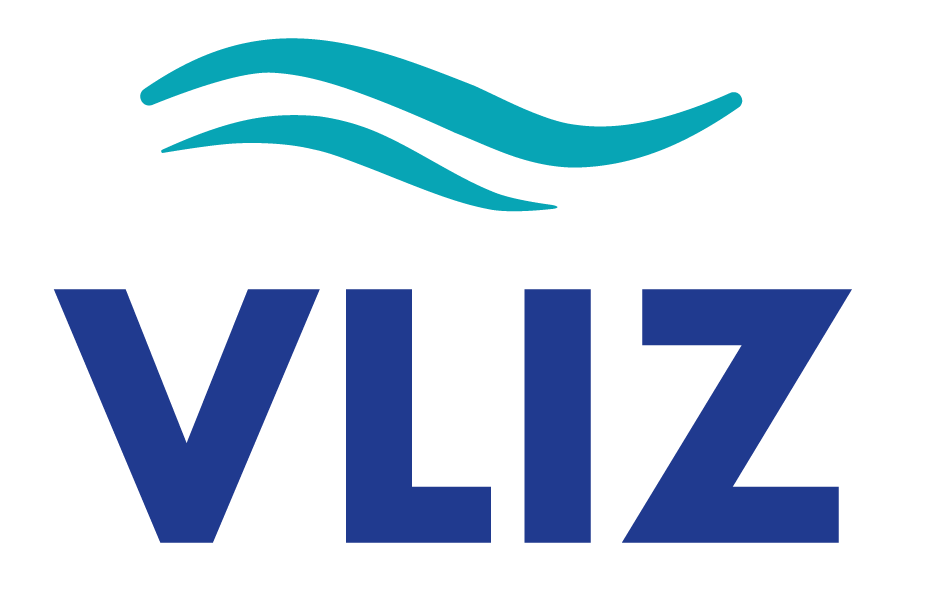Uniform Data Access Layer: Revolutionising Data FAIRness in FAIR-EASE
The Uniform Data Access Layer (UDAL), a FAIR-EASE service
Data is only as valuable as it is usable. In scientific research, ensuring data can be easily Findable, Accessible, Interoperable, and Reusable (FAIR) is essential to accelerate discovery and to optimally advise decision-making processes. The FAIR-EASE project places data FAIRness at the forefront, providing tools and services that empower scientists and policymakers to achieve meaningful data transparency and accessibility.
The Uniform Data Access Layer (UDAL), also known as the FAIR-EASE Data Lake, is a groundbreaking strategy to simplify how researchers access and manage diverse scientific datasets. Coordinated by Marc Portier from the Flemish Marine Institute, UDAL offers a unified framework for accessing data from an unlimited variety of sources. Within FAIR-EASE tests show it applicable to include data catalogues and data providers such as Copernicus, EMODnet, and SeaDataNet.
UDAL operates as a middleware layer, bridging the gap between researchers and complex data infrastructures. It is built to adapt to a wide range of technologies and protocols, enabling data integration across disciplines and geographic regions. By providing a single, intuitive interface, UDAL reduces the complexity of accessing and processing data, lowering down technical barriers to empower researchers to focus on analysis and discovery. Equally, this approach empowers the engineering side of the data providing process: competing and innovative alternatives can be explored, tested, verified and deployed with limited impact to the targeted user base.
Addressing Key Challenges in Data Management
Modern scientific research relies on diverse datasets from various domains, but navigating this multidisciplinary landscape presents significant challenges. Data formats, protocols, access methods, and computational skills needed to access the data vary widely, creating barriers to effective data usage: data consumers need to be intimately aware of many technical aspects of the data providing process. While this has been widely accepted practice within the domain people are building up their academic career, it becomes painfully costly when trying to bridge over from one domain to another
UDAL was conceived to address these challenges by introducing a standardised, user-friendly approach to data access. It decouples data usage from access complexities, ensuring that researchers can work with the data they need without worrying about underlying technical details.

UDAL permits to repeatedly walk the same path to retrieve the information needed by the users, without worrying about the technical aspects.
At its core, UDAL establishes explicit agreements between data providers and users. This approach ensures consistent and reliable interactions while promoting interoperability. The system’s flexibility supports a wide array of access protocols, including REST, SPARQL, and OGC, making it compatible with both established and emerging technologies.
One standout feature of UDAL is its "named query" mechanism, which allows users to define and reuse specific data demands. By standardising these queries, UDAL shields the complexity of filtering and retrieval tasks, fostering efficiency and reproducibility. Moreover, the high level and client-side orientation of this approach is agnostic to the actual technological architecture in use. This allows moving from centralised monolitic solutions to a distributed architecture.
A Tool for the Future of Open Science
As science moves toward greater collaboration and data sharing, standard strategies like UDAL are essential. By harmonising access to data across disciplines and platforms, UDAL accelerates research, enhances reproducibility, and fosters innovation. Its emphasis on sustainability ensures it can evolve alongside technological advancements, making it a long-term asset for the scientific community.
UDAL’s development aligns with FAIR-EASE’s mission to create a robust, accessible data ecosystem for researchers worldwide. Beyond the project’s scope, UDAL has the potential to influence broader data management practices, setting new standards for simplicity and usability in open science.
It provokes a vision on “data as a commodity”. This view on research data has a big potential both towards cross-domain usage of data, as well as to fostering an innovative marketplace for competing data processing platforms and techniques. The rightful concern expressed about this approach is that provisions need to be taken towards a fair and impartial distribution of its benefits. The UDAL strategy itself does not address this, but surely provides the basis for any transparent usage measurement.
In summary, the Uniform Data Access Layer is more than a technical innovation: it is a transformative solution to some of the most pressing challenges in data-driven research. By making data more accessible and actionable, UDAL paves the way for groundbreaking discoveries that benefit society and the planet.














